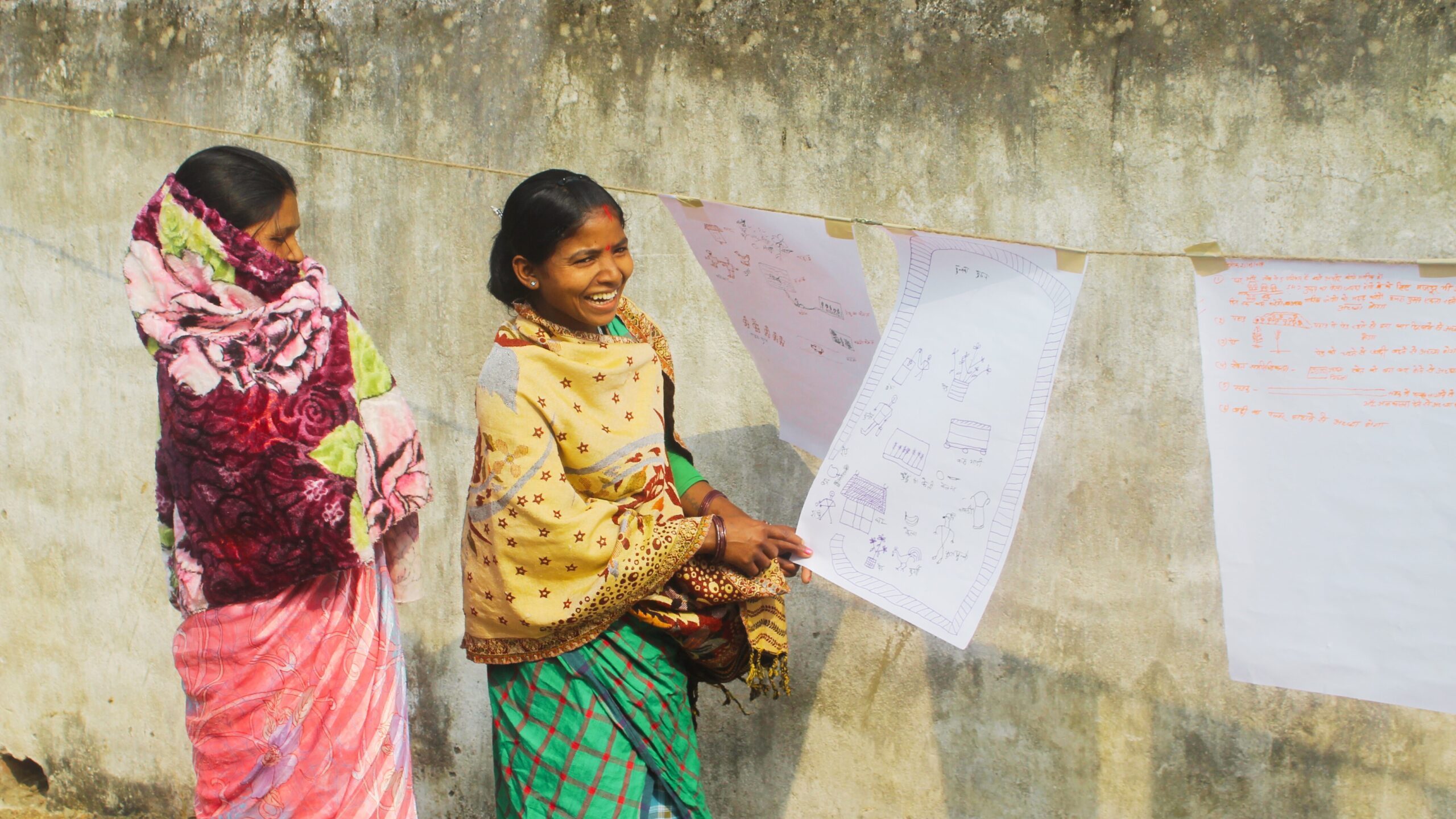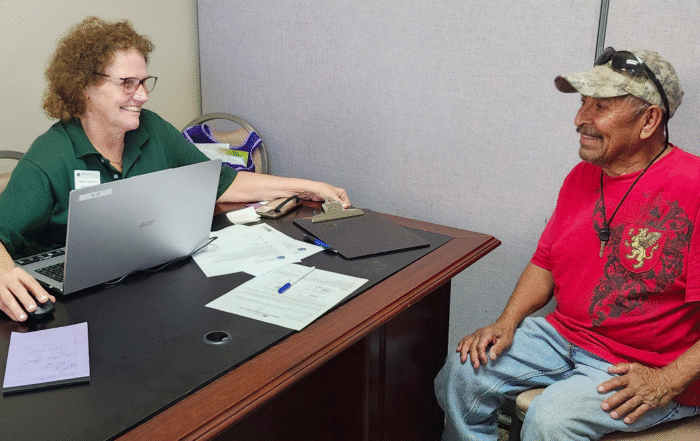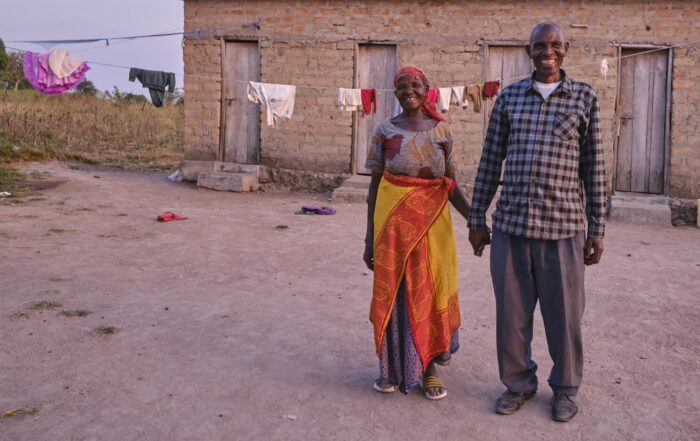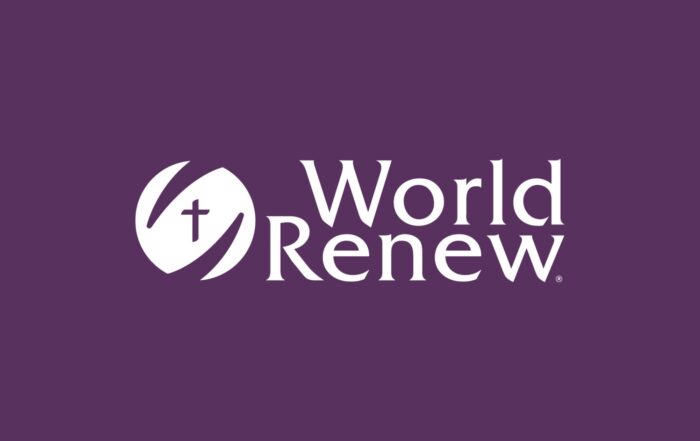

Helping Moms Gain Better Health in India
In India, especially in rural areas, inadequate prenatal care and unhygienic birthing practices have resulted in high maternal and infant mortality rates. Anju is pregnant with her fifth child and wants this pregnancy to be different—with better access to maternal health care. During previous pregnancies, Anju, who lives in a rural village in eastern India, had followed her community’s tradition regarding medical care during pregnancy.
Her family believed that prenatal care was unnecessary—women in the community had birthed babies for centuries without assistance. Why should they change their traditional practices now?
Anju belongs to the Santal community, a minority group regarded as “lower caste” in India’s traditional caste system. Santals often have little or no access to health care. World Renew and its local partner, EFICOR, work with local community health workers to connect marginalized, rural communities, like the Santal community, to the government health system. EFICOR’s model of healthcare provides prenatal care to women, many of whom have never received this type of care, right at their doorsteps.
As her pregnancy progressed, Anju continued to face opposition from her mother-in-law, regarding prenatal care. Partner staff visited Anju’s household and explained to the family the importance of prenatal check-ups and how they would help ensure that Anju and the baby were healthy. With such patient support from the team, Anju’s mother-in-law realized the value of maternal care to the long-term health of her family. Anju underwent her first antenatal check-up and made a commitment that she would deliver her baby at the nearest government hospital.
Anju’s mother-in-law says, “I extend my heartfelt thanks to EFICOR for their dedicated efforts to help me realize the importance of maternal health care for my daughter-in-law. I will ensure the best care possible for both the mother and child.”
Healthy and happy, Anju now awaits the birth of her baby.
Helping Moms Gain Better Health in India
In India, especially in rural areas, inadequate prenatal care and unhygienic birthing practices have resulted in high maternal and infant mortality rates. Anju is pregnant with her fifth child and wants this pregnancy to be different—with better access to maternal health care. During previous pregnancies, Anju, who lives in a rural village in eastern India, had followed her community’s tradition regarding medical care during pregnancy.
Her family believed that prenatal care was unnecessary—women in the community had birthed babies for centuries without assistance. Why should they change their traditional practices now?
Anju belongs to the Santal community, a minority group regarded as “lower caste” in India’s traditional caste system. Santals often have little or no access to health care. World Renew and its local partner, EFICOR, work with local community health workers to connect marginalized, rural communities, like the Santal community, to the government health system. EFICOR’s model of healthcare provides prenatal care to women, many of whom have never received this type of care, right at their doorsteps.
As her pregnancy progressed, Anju continued to face opposition from her mother-in-law, regarding prenatal care. Partner staff visited Anju’s household and explained to the family the importance of prenatal check-ups and how they would help ensure that Anju and the baby were healthy. With such patient support from the team, Anju’s mother-in-law realized the value of maternal care to the long-term health of her family. Anju underwent her first antenatal check-up and made a commitment that she would deliver her baby at the nearest government hospital.
Anju’s mother-in-law says, “I extend my heartfelt thanks to EFICOR for their dedicated efforts to help me realize the importance of maternal health care for my daughter-in-law. I will ensure the best care possible for both the mother and child.”
Healthy and happy, Anju now awaits the birth of her baby.



